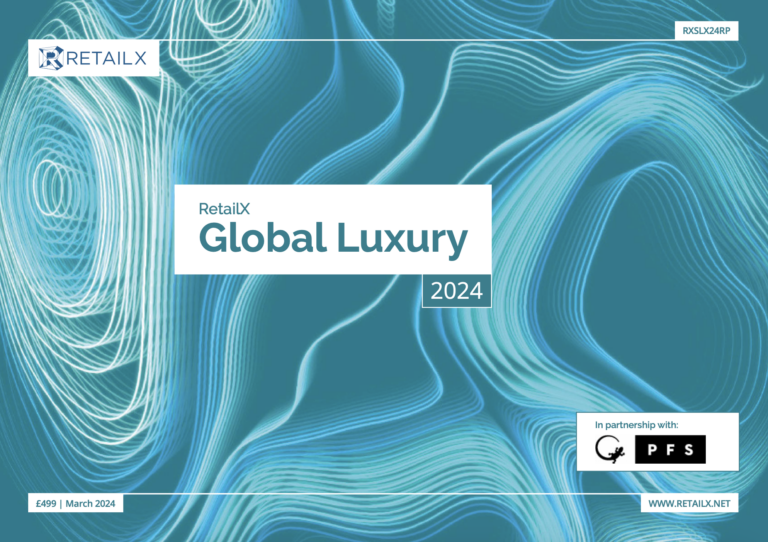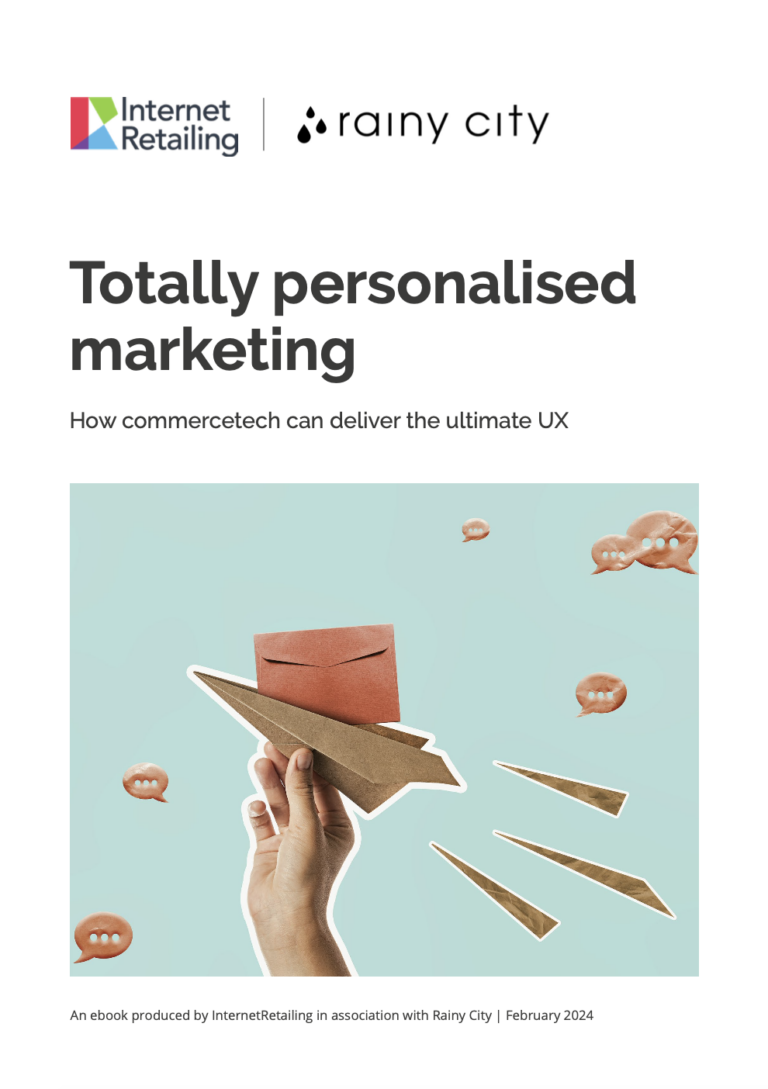Most shoppers don’t want to buy in the metaverse, do care about sustainability, but don’t care for greenwashing. Those are some of the key findings from new research reports from Salesforce and ProductsUp released this week. Here are some of the key findings.
The factors that matter to shoppers buying from a brand: Salesforce
Most customers (88%) say the experience a brand offers is as important as the products or services they sell, according to the fifth State of the Connected Customer Report, released this week by Salesforce. The report questioned 13,020 shoppers – including 651 in the UK – and 3,916 business buyers in 29 countries between December 8 2021 and February 1 2022 to find out what the key issues are for customer and brand relationships.
Important factors including decisions to buy include how brands treat their customers (94%), their employees (85%) and their environmental practices (78%). Some 71% say they have switched brands at least once in the last year, looking primarily for better deals (66%), product quality (58%) and customer service (48%). Half (50%) of customers now expect companies to state their values clearly, while 66% of customers have stopped buying from brands whose values did not align with theirs.
Some 59% of UK respondents had bought products in new ways since 2020, and 65% had switched brands at least once in the past year.
Brian Solis, Salesforce global innovation evangelist, says: “In times of change, make customers’ needs and expectations your corporate north star. By understanding which each individual customer – whether they be a consumer or a business buyer – needs, companies can earn, build, and maintain the ultimate currency of customer engagement: trust.”
What shoppers think about the metaverse, sustainability and more: ProductsUp
Most shoppers (88%) still care about sustainable shopping – but are fed up with greenwashing, with 78% now unlikely to trust a brand’s positive press on green issues, according to new research from Productsup. The product information platform specialist questioned almost 6,000 over-16s in the US, UK and 10 other European countries via Censuswide between March 28 2022 and April 1 2022 for The Commerce Shortfall report It found shoppers said they would prioritise buying products that were reusable (71%) or recyclable (70%) – but say that information is hard to find in areas from product carbon footprint (41%), and ethical sourcing (41%) to country of origin (34%) and recyclability (30%).
The metaverse is not taking off with the 60% of shoppers who are uninterested in buying virtual-only goods – but there are suggestions this will change since 40% are interested, at higher rates among 16 to 24-year-olds (50%) than among those aged 55 and older (26%). Shoppers most interested in buying in the metaverse come from Spain (63%), Italy (55%) and the US (47%) while shoppers in Denmark (31%), the UK (32%) and Norway (36%) are least interested. Fast returns (45%) and the ability to order a physical product in the metaverse for real world delivery (44%) are priorities, while 46% said they could be enticed to buy virtual products that they could experience in a lifelike way – such as using augmented reality glasses to view a digital painting in their home.
“As the hype for shopping in the metaverse increases, there is an expectation for bigger, better virtual experiences,” says Marcel Hollerbach, chief innovation officer at Productsup. “Yet our research suggests that the same principles of commerce that apply now will also rule metaverse engagements. Businesses looking to enter the metaverse will need to ensure their tech stacks can handle an unprecedented influx of data flows to support faster speeds, more channels, and new innovations.”
Almost half (47%) of shoppers would be more likely to buy using hybrid experiences that bring together the physical, digital and virtual, the study found. Shoppers said they would be more likely to buy where they can use mobile apps to get more product information while shopping in-store (47%) and where they can use virtual and augmented reality while shopping online (42%).










